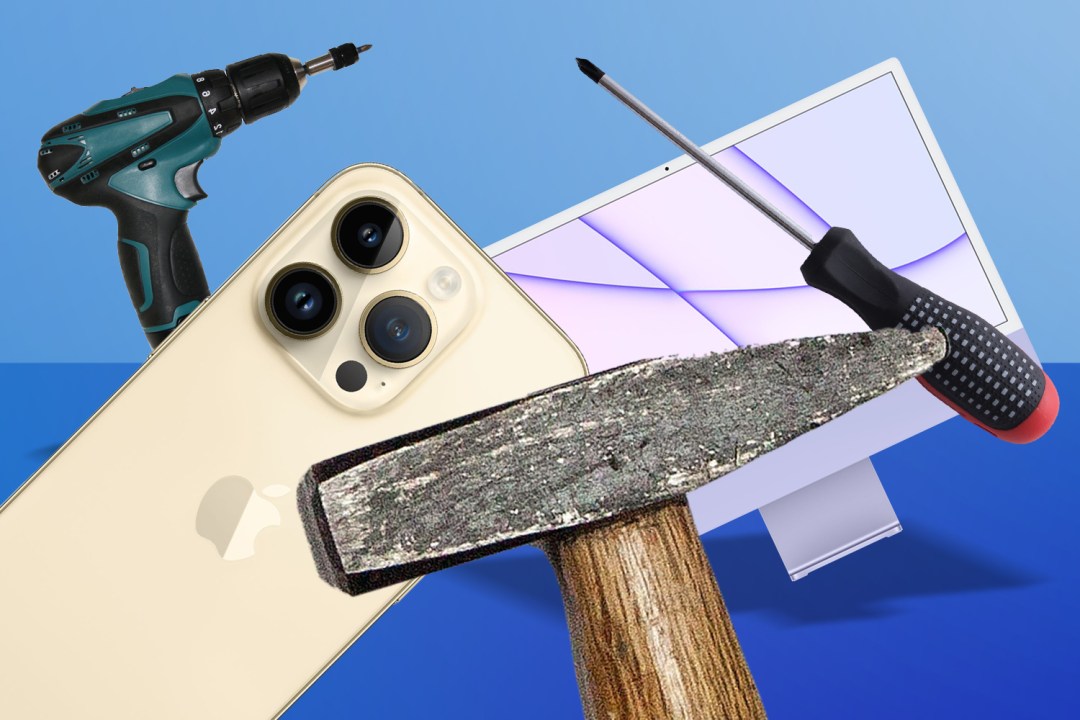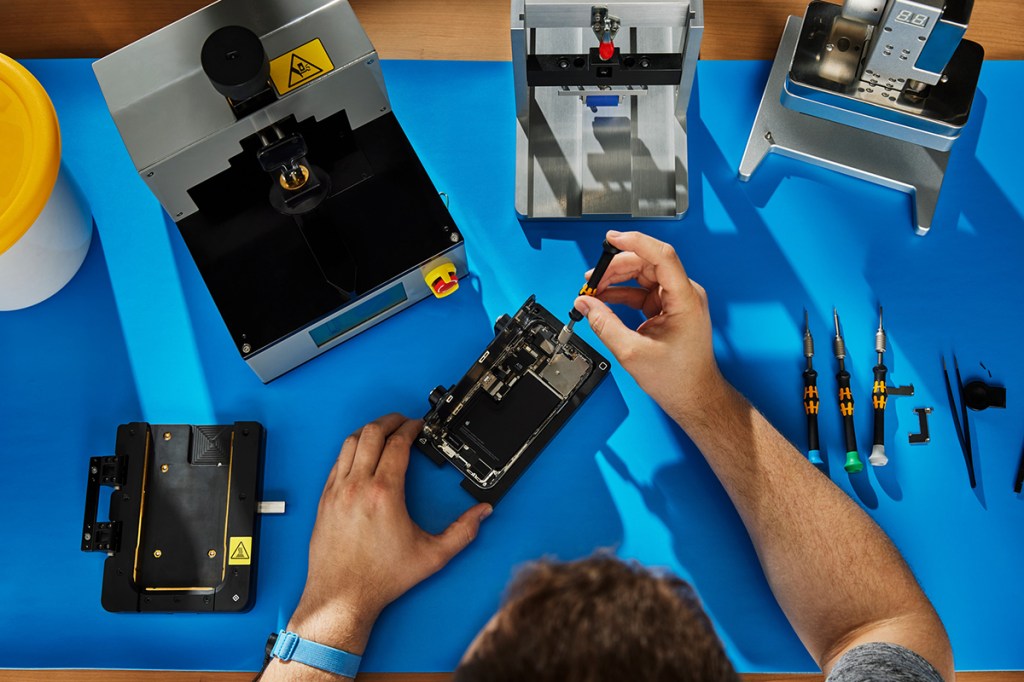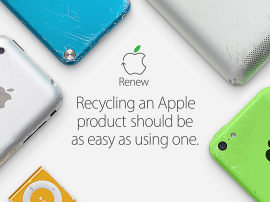Apple endorses right to repair – here’s why it’s not the big win you might think
Right to repair doesn’t mean easy to repair or ‘won’t drive you bonkers if you try to repair’

Those of us of a certain vintage never used to consider ‘right to repair’ when it came to classic gadgets. If something went wrong, you’d dismantle your electronic pride and joy, twirl screwdrivers like a geek gunslinger and randomly yell “stat”, as if starring in a medical drama. And confused about the nature of genres in media.
I vividly remember taking joysticks apart as a kid, and then attempting to urge them back into working order, rather than having to spend yet more pocket money on another Decathlon victim. Later, I recall repairing my dad’s iMac, and even managing to put it back together with no leftover parts. One BONNNGGG later and it merrily showed the desktop.
In subsequent years, though, many manufacturers shifted their thinking on technology and openness. Largely by annihilating the latter. Increasingly, you were buying sealed boxes. If you cracked open your kit, you’d lose all right to support.
More importantly, you’d have no chance of fixing it anyway, because you’d lack the parts and tools. And if you dared modify a gadget, companies might even throw lawyers at you until you were gasping for breath, beneath a pile of folks in very expensive suits.
Right on

There are now calls for a more sustainable approach to technology, and for companies to not be quite so brazen about repeatedly punching consumers in the race to make even more profits. And a seemingly seismic shift recently occurred in right to repair. At least in California.
Over there, a bill has been rattling around for months. What’s different this time is Apple hasn’t kicked off, nor grudgingly agreed to comply with the letter of the law. Instead, it recently sent a supportive letter to the chief sponsor of the proposed bill, the excellently named Senator Eggman, who may or may not be a videogame supervillain in disguise.
Many folks got excited about this. If Apple of all companies is now fully behind right to repair (albeit because it sees where things are heading and that it will soon have no choice), that might shift hold-outs. Technology could become more sustainable and repairable. Consumers would be able to support local repair shops and delve into mucking about with hardware themselves. Right? Well, not quite. Because, as ever, the devil is in the details. And this particular devil is a devious sort.
Right off

The bill talks of “fair and reasonable terms”. It demands charges for tools and documentation be at-cost. Almost any gadget priced above $100 is covered by the proposed law for seven years. All of that is good. What the bill doesn’t do is compel companies to make devices more repairable nor make parts widely available.
It’s about equality within the system, rather than making the system better. So a company would in theory be able to charge a packet when you want to enact your right to repair, just so long as the pricing at its authorised repair centres was the same. The bill alone isn’t enough to make repairs cheaper and easier, then – it will merely expand who can perform them.
Naturally, the bill also lacks scope for another concern from our sealed box era: being able to do what you want with kit. Mods are still out, to the degree games consoles even get a carve-out from the bill. So don’t think ‘right to repair’ extends to ‘right to mod’ unless you want to find yourself beneath another pile of lawyers.
So: thumbs up that companies might finally stop actively discouraging people from fixing broken gadgets. But it’d be nice if we could finally move beyond buying gadgets that never quite feel like your own.



